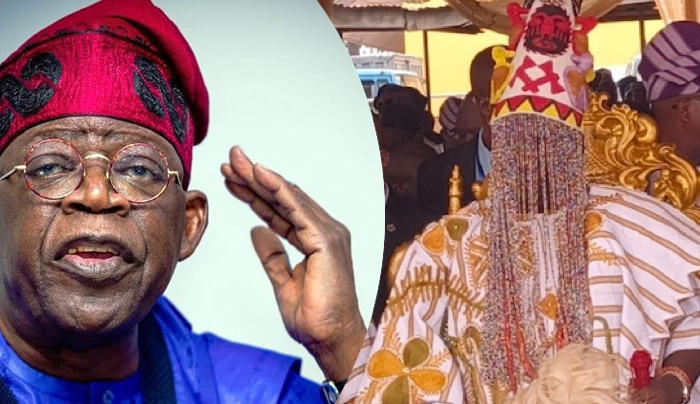Africa’s richest man Aliko Dangote has countered claims by the regulator that petroleum products from his refinery are substandard.
Dangote rejected the allegations on Saturday when lawmakers visited the refinery in Lagos.
“Against the narrative of the regulator, NMDPRA, our product today after test is 87.7ppm and by the end of August, we will be at 10ppm. All the laboratory certificates people are floating around to justify numbers are fake certificates. The demarketing of a company by a regulator who is supposed to act as a protector is very unfortunate. Dangote Refinery produces the best diesel in Nigeria,” he said.
The visit by lawmakers follows remarks by Farouk Ahmed, CEO of the Nigerian Midstream and Downstream Petroleum Regulatory Authority (NMDPRA), who claimed that local refineries, including the Dangote refinery, were producing diesel with quality levels between 650 and 1,200 PPM, significantly inferior to imported products.
During the lawmakers’ visit, the delegation
led by Tajudeen Abbas, speaker of the house of representative and his deputy Benjamin Kalu, observed a credibility analysis at the refinery’s laboratory to assess the quality of the diesel product.
The test revealed that the diesel sample, commonly known as AGO, measured 87.6 parts per million (PPM). Under ECOWAS regulations, the proposed limit for all imported diesel is 50 PPM, while for locally produced diesel from refineries within the ECOWAS region, the limit is set at 200 PPM until December 2024. From January 2025, stricter standards will be enforced.
“I want to plead with the regulator to come at any time, whether Sunday or Monday, or take the sample and I guarantee you before he gets here, our PPM will be even below 50,” Dangote said.
The delegation also toured the control room, where operations are fully automated, allowing the plant to run independently while monitoring and taking corrective measures as needed. The refinery’s diesel production is facilitated by the Mile Hydrocracking Unit.
Dangote also announced that the NMDPRA accredited and approved the Dangote Refinery Laboratory in March 2024.
However, Speaker Tajudeen Abbas expressed surprise at the contradictory statements from the NMDPRA, which had certified the refinery’s operations as meeting requirements, and reports suggesting the Nigerian National Petroleum Company (NNPC) was unhappy with the product quality.
Abbas highlighted the need to investigate these contradictions and determine if there are any ulterior motives. In response, Dangote asserted that imported products endorsed by regulatory agencies had failed quality tests at their laboratory. He accused some laboratories of being influenced to produce specific results, suggesting an independent approach where samples are purchased from various filling stations for unbiased testing.
Speaker Abbas asked if Dangote would agree to have his products subjected to further tests. Dangote proposed that a team, including the CEO of NMDPRA and a representative from the Dangote refinery, should conduct tests on samples from different filling stations to ensure accuracy and transparency.
Meanwhile, the Dangote refinery is set to achieve a production level of 550,000 barrels per day (bpd) this year, which is 85% of its total capacity.
However, due to insufficient domestic crude supplies, the refinery is increasingly relying on crude imports.
Dangote revealed that the 650,000-bpd capacity refinery, the largest in Africa, had only received five crude cargoes from the NNPC since it began operations earlier this year, falling short of the 15 cargoes it had anticipated.
“That is why we went ahead and bought some Brazilian crude, we also got US crude. Anytime we go to IOCs (international oil companies) they say go to brokers,” Dangote stated. He further noted that brokers were charging a $4 mark-up per barrel of crude.
Previously, NNPC had agreed to supply the refinery with 300,000 bpd, but it has been struggling with low production levels, and some of its crude is being exchanged for gasoline imports.
The Dangote refinery, which was constructed at a cost of $20 billion, began production in January after facing several years of delays. Despite these challenges, the refinery is on track to significantly boost Nigeria’s refining capacity and reduce its dependency on imported petroleum products.
Mosunmola Ogi-Olu
Follow us on:
















